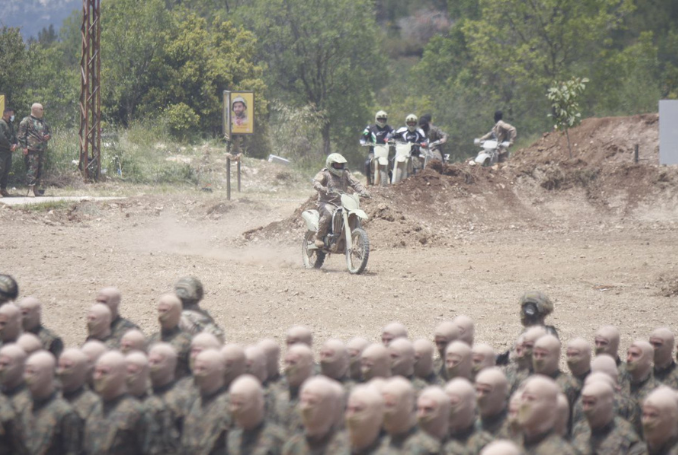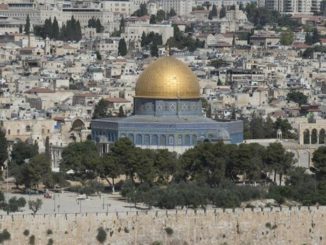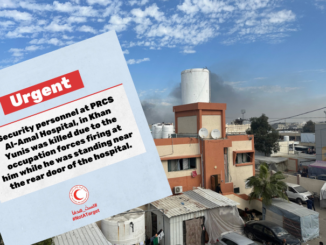
Israel has recently occupied parts of the Lebanese town of Ghajar. The move instigated a series of events, which could ultimately result in an open confrontation between Israel and the Lebanese Resistance groups, Hezbollah.
Israeli Defense Minister Yoav Gallant on Saturday approved operational plans in anticipation of deteriorating security conditions on the border with Lebanon, an Israeli news website said.
Meanwhile, Hasan Nasrallah, the leader of the Lebanese resistance group, Hezbollah warned Tel Aviv against committing any folly.
Broad Confrontation
The Israeli news portal Walla! reported that it had learned through private sources that the plans approved by Gallant included several tracks, including the possibility of developing into a broad open confrontation.
The Israeli military has reinforced its forces on the border with Lebanon in anticipation of any possible confrontation with Hezbollah, Israel’s Channel 13 reported.
The channel indicated that rightwing Israeli Prime Minister Benjamin Netanyahu will meet on Sunday with the army leadership to assess the security situation on the northern border.
Nasrallah Warns
On the other hand, the Secretary-General of Hezbollah Saturday, warned Israel against committing any foolishness because the Resistance is ready and will not tolerate or abandon its responsibilities.
Nasrallah said in his speech on the occasion of Ashura that “Lebanon is being aggressed upon (by Israel) and Israel is still occupying part of our land, and it has reoccupied part of the town of Ghajar.”
On July 11, Lebanon announced that it had filed a complaint with the United Nations against Israel over its continued occupation of the Lebanese part of the border town of Ghajar.
Last June, Hezbollah erected two tents on the border with Israel, one of which it later removed.
The first tent was erected inside the Blue Line in the barren areas of the town of Kafr Shuba in southern Lebanon, and the other inside Lebanese territory north of the Blue Line established by the United Nations.
The Blue Line marks a United Nations line, erected following the withdrawal of Israeli forces from southern Lebanon in 2000.
The Israeli withdrawal followed years of armed resistance by Hezbollah and other Lebanese groups.
(AA, AJA, PC)







